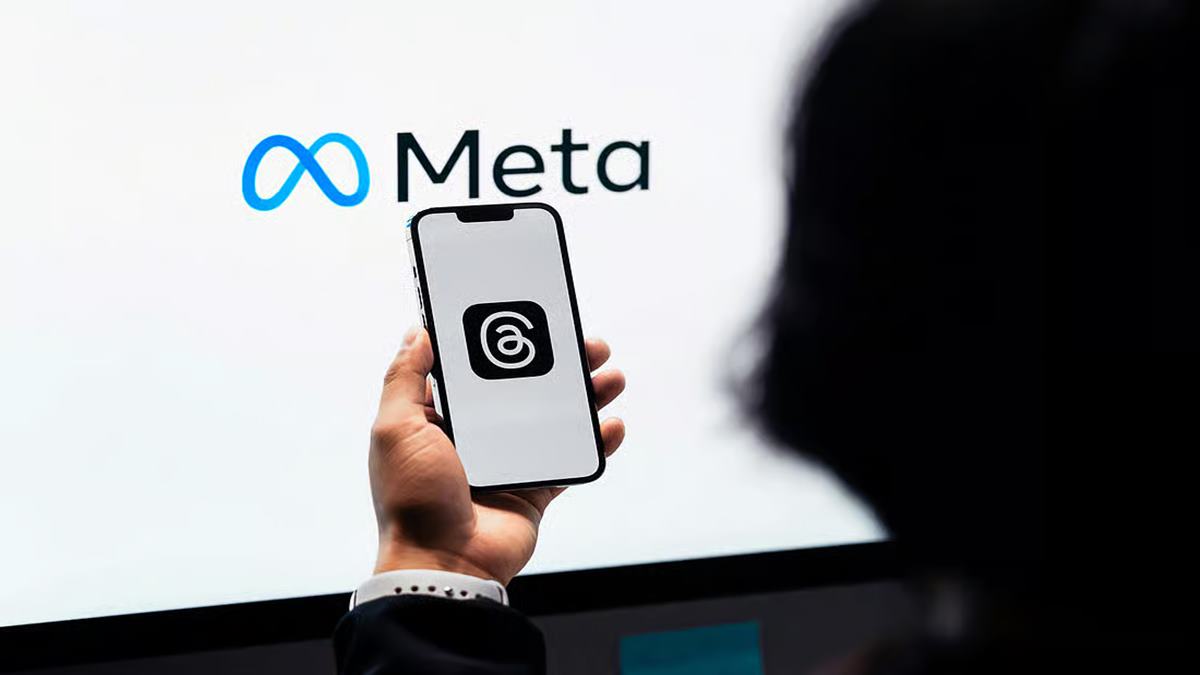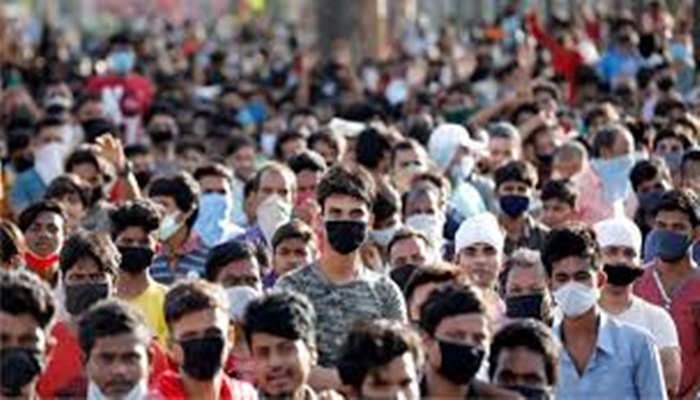If you’re an international student—or planning to become one—understanding your financial and career risks in the U.S. right now is essential. Recent policy shifts are raising serious concerns for students on F-1 visas, especially those relying on Optional Practical Training (OPT) or aiming for long-term careers in the U.S. Here’s a clear explainer of what’s happening.
As the U.S. tightens immigration policies under the Trump administration, thousands of international students—including recent graduates from top institutions like MIT and Harvard—are reconsidering their American dreams. The growing threat to the Optional Practical Training (OPT) program, which allows foreign graduates to work in the U.S. after completing their studies, has sparked a wave of anxiety and career uncertainty.
Bob Zeng, a 30-year-old Chinese student graduating from MIT with a master’s degree in science and management, had long envisioned building a life in the U.S. But with the administration signaling the possible end of post-study work permits for foreign students, Zeng is now considering moving to Europe or returning to China. “I’m worried about working here,” he told AP. “You never know what’s going to happen.”
Zeng’s concerns are not isolated. Nearly 240,000 international students in the U.S. rely on OPT—a one-year work authorization (extendable up to three years for STEM graduates)—as a critical bridge between education and employment. The program not only gives students experience in U.S. companies but often leads to H-1B visa sponsorship and, for some, permanent residency.
What is OPT and Why it matters?
- Optional Practical Training (OPT) is a U.S. work program that allows international students on F-1 visas to work for 12 months after graduation (up to 36 months for STEM graduates).
- It’s the bridge between university and a career—offering practical job experience and often serving as a stepping stone to an H-1B visa or permanent residency.
- Around 240,000 students are currently on OPT.
What is changing and why you should care
- The U.S. government may end OPT. Trump-era immigration leaders, like USCIS nominee Joseph Edlow, are pushing to stop post-graduate work authorization for F-1 students.
- Visa revocations and surveillance: Students with minor police interactions or missing employment record updates have had their visas threatened or revoked.
- Chinese students are being singled out, with new policies targeting those linked to the Chinese Communist Party or studying in “critical” fields.
How Trump has targeted foreign students in the US
Threats to end OPT visa
Trump’s administration has openly considered ending the Optional Practical Training (OPT) program, which allows international students to work in the U.S. after graduation. This has created major uncertainty for students hoping to gain career experience.
Increased visa scrutiny:
The administration added extra layers of vetting for F-1 student visas, making it harder for international students to get approved or stay in the country.
Termination of legal status:
In April, ICE began terminating the legal status of student visa holders who were found in police databases — even without charges or convictions. Many of these were OPT participants, forced to leave jobs or risk legal trouble.
Threat letters to graduates:
In May, many recent graduates received letters warning them that their visa status would be revoked unless they updated employment records. Even though corrections were allowed, the letters caused panic and stress among students.
Targeting Chinese students:
Recently, the administration announced plans to revoke visas for Chinese students connected to the Communist Party or those in “sensitive” academic fields — a move that raised fears of racial profiling and academic discrimination.
Mixed Signals:
Trump once floated the idea of offering green cards to international graduates but his policies took a sharp turn toward restricting student opportunities Trump’s nominee for director of United States Citizenship and Immigration Services, Joseph Edlow, said during his confirmation hearing on May 21 that he would like to see an end to post-graduate work authorization for international students.
“What I want to see would be essentially a regulatory and sub-regulatory program that would allow us to remove the ability for employment authorizations for F-1 students beyond the time that they are in school,” said Edlow, referring to the F-1 visas on which most international students attend college in the US.
The opportunity to gain career experience at US companies, especially in technology and other fields where American companies dominate, has long been a draw of studying in the US. Many enter the H-1B visa lottery, hoping to be selected for one of the employer-sponsored visas that offer a pathway to permanent residency in the United States.
Threatening practical training opportunities would have long-term consequences for the US in attracting international students, Fanta Aw, CEO of NAFSA, which represents international educators, told the AP.
Like many international students, Marko, 29, finds himself glued to the news with a growing sense of alarm. His Optional Practical Training expires in a month, and he has applied for an extension but hasn’t heard back, leaving him in limbo.
Lawyers for the tech company where he works in New York City advised him to carry proof of his legal status in his wallet, which he finds “dehumanising.” “The message being sent now is that: You are not one of us, and we are going to get rid of you,” said Marko, who asked that only his first name be used because he is worried about being targeted for removal from the country.
He has lived in the US for a decade spanning college and graduate school, but his family and friends back home have encouraged him to leave. His hope is that he gets the OPT extension and can then apply for an H-1B visa and continue his life in the US, but he also worries about anti-immigrant sentiment and who will be targeted next.
Recent crackdowns have only added to the chaos. In April, Immigration and Customs Enforcement (ICE) began terminating student visas for those flagged in police databases—even for minor or mistaken entries. Though many were reinstated after legal action, several students chose to leave preemptively.
The administration has also moved to revoke visas of Chinese students studying in sensitive fields or allegedly connected to the Chinese Communist Party. These developments have pushed students like Yurong “Luanna” Jiang, a Chinese graduate of Harvard University, to reconsider their future in the U.S. “Everything is up in the air,” she said, now open to working anywhere in the world.
For students who once saw the U.S. as a land of opportunity, the message today is less welcoming. “It feels like there’s a war on immigrants,” said Guy, a UK citizen and HIV researcher at Mount Sinai Hospital in New York, who would be forced to leave the country if OPT is eliminated. “It’s not a particularly attractive place to stay and do science right now.”
What students can do right now?
Keep your employment records up to date in SEVIS and on your university’s system.
Consult an immigration attorney if you’re near the end of your OPT or applying for an H-1B.
Have a backup plan: Look into career options in Canada, UK, EU, or back home where policies may be more stable.
Save aggressively: Build a financial buffer in case of unexpected visa issues or forced relocation.




















